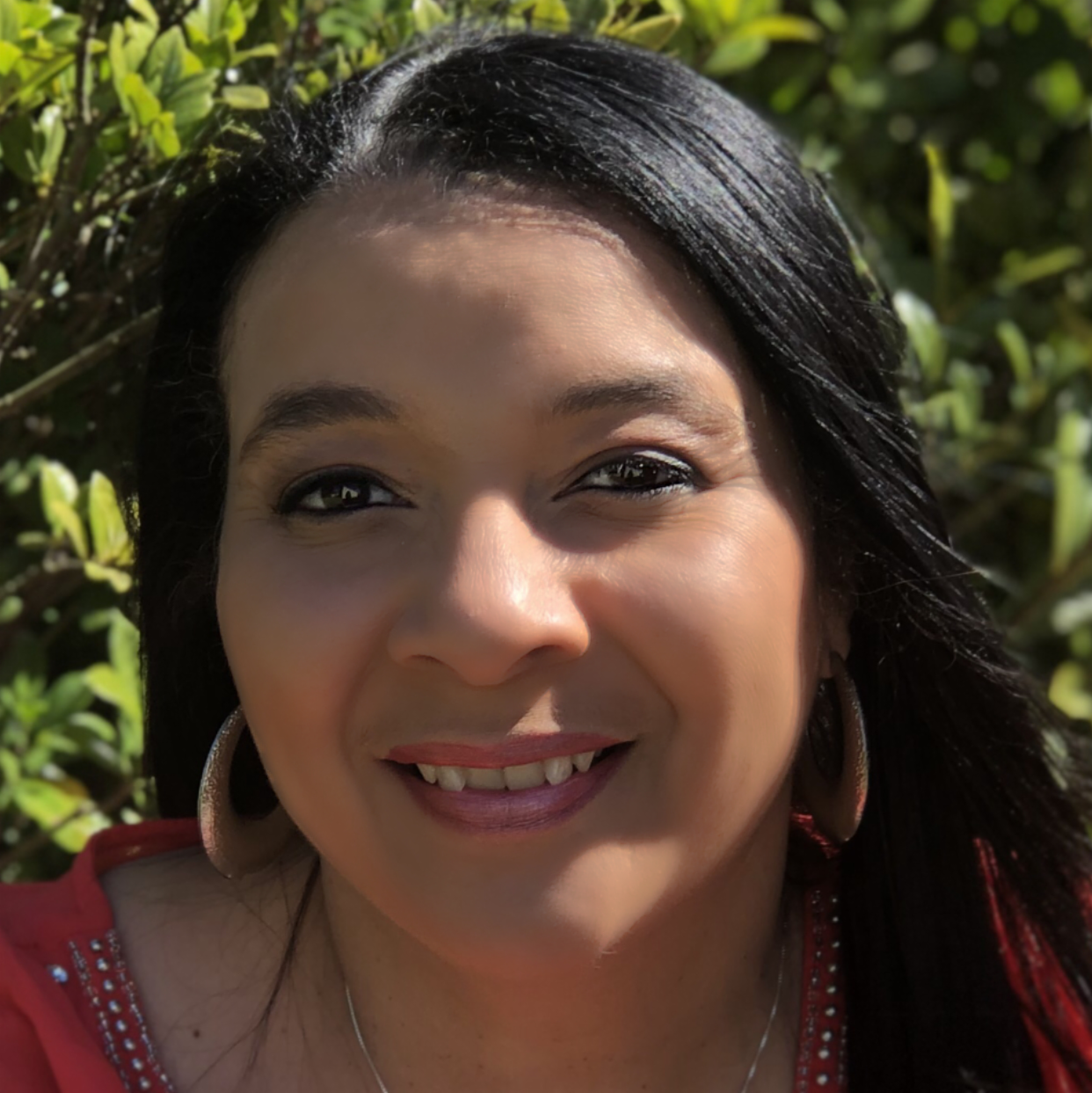What is abuse?
Abuse is a pattern of behavior used to exert power and control over another person. It can happen in any type of relationship—romantic, familial, professional, or platonic—and often leaves deep emotional, psychological, and physical scars.
Abuse is not limited to physical violence. It may include:
- Emotional manipulation or intimidation
- Controlling behavior
- Financial restriction
- Threats or coercion
- Sexual coercion or assault
- Verbal degradation or humiliation
It’s not always obvious. Many people minimize or excuse abuse because it’s subtle, frequent, or comes from someone they care about. But abuse, in any form, is never acceptable—and therapy for abuse survivors can help you recognize it, process it, and heal from it.
What is domestic abuse?
Domestic abuse—also called intimate partner violence (IPV)—is a specific form of abuse that occurs within a romantic or cohabiting relationship. It can include emotional, physical, sexual, verbal, and financial abuse. While it’s often associated with physical violence, emotional abuse is the most common and frequently overlooked form.
Some hallmarks of domestic abuse include:
- Controlling who you see, where you go, or how you spend money
- Name-calling, shaming, or gaslighting
- Isolating you from family and friends
- Threatening harm to you, children, pets, or themselves
- Blaming you for their behavior
Domestic abuse is about control—not love. A domestic abuse therapist can help you safely assess your relationship, process your experiences, and explore next steps.
What is the difference between emotional, physical, verbal, and sexual abuse?
Abuse can take many forms, and understanding the differences is key to identifying it:
- Emotional abuse includes manipulation, threats, gaslighting, guilt-tripping, and constant criticism. It erodes self-worth and creates confusion and fear.
- Physical abuse involves bodily harm—hitting, slapping, grabbing, choking, or restraining. It may also include threats of violence or destruction of property.
- Verbal abuse includes yelling, insults, belittling, name-calling, and sarcastic put-downs. It’s often used to shame or silence the victim.
- Sexual abuse includes any unwanted sexual contact or coercion, even within a committed relationship. It also includes situations where consent is manipulated, pressured, or absent.
While these types can occur separately, they often overlap. Many survivors experience multiple forms of abuse simultaneously. Therapy for emotional abuse and other targeted treatment approaches can help survivors of all types process their experiences in a safe, validating environment.
How do I know if I am being abused?
It’s not always easy to recognize abuse, especially when it doesn’t involve physical violence. Here are some signs that may suggest you're in an abusive relationship:
- You feel afraid of your partner’s reactions
- You walk on eggshells to avoid conflict
- You’ve been isolated from your friends, family, or finances
- You’re constantly blamed for things that aren’t your fault
- You feel confused, anxious, or worthless around them
- They dismiss or downplay your emotions
- They control your appearance, activities, or choices
- You second-guess your memories or reality (a tactic called gaslighting)
If you recognize these signs, know that you’re not overreacting. Abuse is never your fault, and a trained emotional abuse therapist can help you rebuild clarity and self-trust.
What mental health conditions are you at risk of developing after experiencing abuse?
Abuse doesn’t just hurt in the moment—it can leave lasting psychological effects. Survivors of abuse are at increased risk for:
- Post-traumatic stress disorder (PTSD)
- Complex PTSD (C-PTSD), often from long-term or childhood abuse
- Anxiety and panic disorders
- Depression
- Dissociative disorders
- Substance use disorders
- Eating disorders
- Low self-esteem and self-blame
These responses are not weaknesses—they are survival strategies your mind and body used to cope. With the help of a compassionate therapy for abuse survivors professional, you can begin to unwind these patterns and rediscover your strength.
Should I seek treatment if I experienced abuse?
Yes—if you’ve experienced any form of abuse, seeking treatment can be a life-changing and empowering step. Whether the abuse happened years ago or is still ongoing, the emotional and psychological effects don’t just fade with time. Healing doesn’t mean forgetting or excusing what happened—it means giving yourself the care, support, and tools you need to reclaim your life.
Many survivors minimize their experiences, telling themselves things like:
- “It wasn’t as bad as what other people went through.”
- “It only happened once.”
- “It’s over now, so I should be fine.”
But trauma doesn't work that way. Abuse leaves an imprint—on your thoughts, your emotions, your relationships, and your nervous system. And you don’t need to be in crisis to deserve help. If what happened to you is still affecting how you feel, function, or relate to others, then therapy for abuse survivors can be incredibly beneficial.
Types of Treatment for Abuse Survivors
There’s no one-size-fits-all approach to healing. Fortunately, there are many effective, evidence-based therapies designed to support abuse survivors as they recover from trauma, rebuild trust, and reclaim their voice.
Some of the most common and helpful treatments include:
- Trauma-Informed Cognitive Behavioral Therapy (CBT)
Helps survivors recognize and reframe distorted or self-critical thoughts, reduce anxiety, and develop healthier coping strategies. - EMDR (Eye Movement Desensitization and Reprocessing)
A structured therapy that helps reprocess traumatic memories so they no longer trigger overwhelming emotional responses. - Somatic Therapy and Sensorimotor Psychotherapy
Focuses on the body’s memory of trauma. These approaches help survivors learn how to release stored tension, reduce hypervigilance, and feel safer in their bodies. - Internal Family Systems (IFS)
Helps survivors understand and heal wounded “parts” of themselves that developed in response to abuse—such as the inner critic, the protector, or the scared inner child. - Narrative Therapy
Supports clients in reshaping their personal stories—moving from victimhood or shame to empowerment and meaning. - Group Therapy
Offers a safe, supportive space to connect with others who have experienced similar trauma, reduce isolation, and build community-based healing. - Psychoeducation
Teaching survivors about trauma, its effects, and healthy emotional regulation strategies to better understand and manage their own symptoms.
Professionals Who Can Help
When seeking help, it’s important to work with professionals who are trained in trauma-informed care and experienced in treating survivors of abuse. These may include:
- Abuse therapists or emotional abuse therapists
Specialists who focus on understanding the complex effects of abuse and guiding clients through recovery. - Licensed clinical social workers (LCSWs), licensed professional counselors (LPCs), or licensed marriage and family therapists (LMFTs)
These clinicians often offer trauma-specific services and can help individuals, couples, or families affected by abuse. - Clinical psychologists (PhDs or PsyDs)
Often skilled in more in-depth trauma work, assessments, and evidence-based therapies like CBT or EMDR. - Psychiatrists
Medical doctors who can diagnose mental health conditions and prescribe medication if needed to support recovery from anxiety, depression, PTSD, or sleep issues related to trauma. - Domestic abuse therapists
Clinicians with specific expertise in intimate partner violence and its emotional, social, and legal dynamics. - Online abuse therapists
For those who feel safer or more comfortable beginning therapy from home, many providers now offer secure, trauma-informed virtual sessions.
Healing from abuse is possible—but it starts by reaching out. A trained professional can walk alongside you as you process pain, rebuild trust in yourself, and begin to live free from fear and shame.
What type of therapy is recommended for abuse survivors?
Several therapeutic approaches are especially effective for survivors of abuse:
Trauma-Informed Cognitive Behavioral Therapy (CBT): Helps you challenge distorted thinking and manage symptoms of anxiety, depression, and PTSD.
Eye Movement Desensitization and Reprocessing (EMDR): Helps reprocess traumatic memories so they no longer feel overwhelming or triggering.
Somatic Experiencing or Sensorimotor Psychotherapy: Focuses on the body’s response to trauma—important for survivors who feel disconnected or "stuck" in freeze states.
Internal Family Systems (IFS): Helps heal internal parts of yourself that were wounded or fragmented by abuse.
Psychodynamic or Narrative Therapy: Explores the long-term impact of abuse on your identity, relationships, and worldview.
Therapists may also integrate mindfulness, art therapy, or group support to help you reconnect with yourself in safe and empowering ways. Look for a therapist for emotional abuse or therapy for abuse survivors who specializes in trauma-informed care.
Can abuse happen in loving relationships?
Yes. This is one of the hardest truths for survivors to accept.
Abuse often coexists with love, affection, and care—especially in relationships where the abuser also shows vulnerability, remorse, or moments of kindness. These mixed signals create confusion and keep victims emotionally attached.
You might hear yourself say:
- “They didn’t mean to hurt me.”
- “They’re under a lot of stress.”
- “But they love me.”
Abuse is about power and control—not passion, love, or compatibility. Love cannot excuse harmful behavior. If someone continually causes you pain, undermines your autonomy, or makes you feel unsafe, that’s abuse—even if you still love them.
A domestic abuse therapist can help you navigate these complicated feelings with compassion and clarity.
Why is it difficult for people to leave abusive relationships?
Leaving an abusive relationship is not as simple as “just walking away.” Survivors face enormous emotional, psychological, financial, and safety-related barriers. These may include:
- Fear of retaliation or violence
- Lack of financial resources or housing
- Shared children or family pressure
- Shame, guilt, or fear of being judged
- Trauma bonds (emotional addiction to highs and lows)
- Hope that the person will change
- Low self-worth or belief that they deserve the treatment
Judging someone for staying in an abusive situation overlooks the very real dynamics of fear, control, and psychological manipulation. Instead of blame, survivors need safety, support, and access to trusted therapy for emotional abuse.
How does childhood abuse impact adulthood?
Childhood abuse—whether physical, emotional, or sexual—can profoundly shape your adult life. Survivors may struggle with:
- Difficulty trusting others or forming healthy relationships
- Fear of abandonment or emotional intimacy
- Perfectionism or people-pleasing
- Chronic self-doubt, shame, or anxiety
- Identity confusion or lack of self-worth
- Reenacting trauma in adult relationships (often unconsciously)
These patterns are not your fault. They are adaptations to survive, formed in a time when you had no control. The good news is that with the right abuse therapist, these patterns can be explored, understood, and gently transformed.
What should I do if I suspect someone is being abused?
Supporting someone in an abusive relationship takes sensitivity and care. Here’s what you can do:
- Believe them if they share their experience—don’t minimize or question.
- Offer a safe, nonjudgmental space for them to talk.
- Avoid telling them what to do—focus on empowering them to make their own decisions.
- Share resources like the National Domestic Violence Hotline (800-799-SAFE) or help them find a domestic abuse therapist.
- Respect their pace—leaving is often dangerous, and survivors need to feel supported, not pressured.
Simply knowing someone cares can be a powerful lifeline.
Can men also be victims of abuse?
Yes. Abuse affects people of all genders, and men can absolutely be victims—especially of emotional, verbal, and even physical abuse.
Male survivors often face additional barriers, such as:
- Shame or stigma about appearing “weak”
- Fear they won’t be believed
- Difficulty identifying emotional abuse
- Societal messages that men should "tough it out"
Every survivor deserves support. Therapy for abuse survivors is just as vital for men and nonbinary individuals as it is for women. Healing has no gender.
How do I identify if I am abusing others?
Facing the possibility that you may be harming someone is difficult—but incredibly important. Abuse isn’t always physical. If someone in your life seems afraid of you, walks on eggshells, or has withdrawn emotionally, it’s worth examining your behavior.
Signs you might be abusing others
- You insult, belittle, or shame your partner or family members
- You control where they go, who they see, or how they spend money
- You frequently yell, threaten, or intimidate to get your way
- You blame them for your reactions
- You manipulate their emotions or use guilt to control them
- You destroy property, throw things, or punch walls during arguments.
What you can do
- Acknowledge the behavior and take full responsibility
- Seek therapy for emotional regulation or anger management
- Learn healthier communication and coping strategies
- Apologize sincerely and give the other person space if needed
- Commit to change—not promises, but real, ongoing work
Harming someone doesn’t define you. Refusing to take responsibility does. Real strength is found in your willingness to change.
You deserve safety. You deserve healing. You deserve peace. If you’re ready to take the next step, reach out to an abuse therapist, explore therapy for emotional abuse, or connect with a domestic abuse therapist near you or online. No matter where you are in your journey—there is hope, and there is help.













